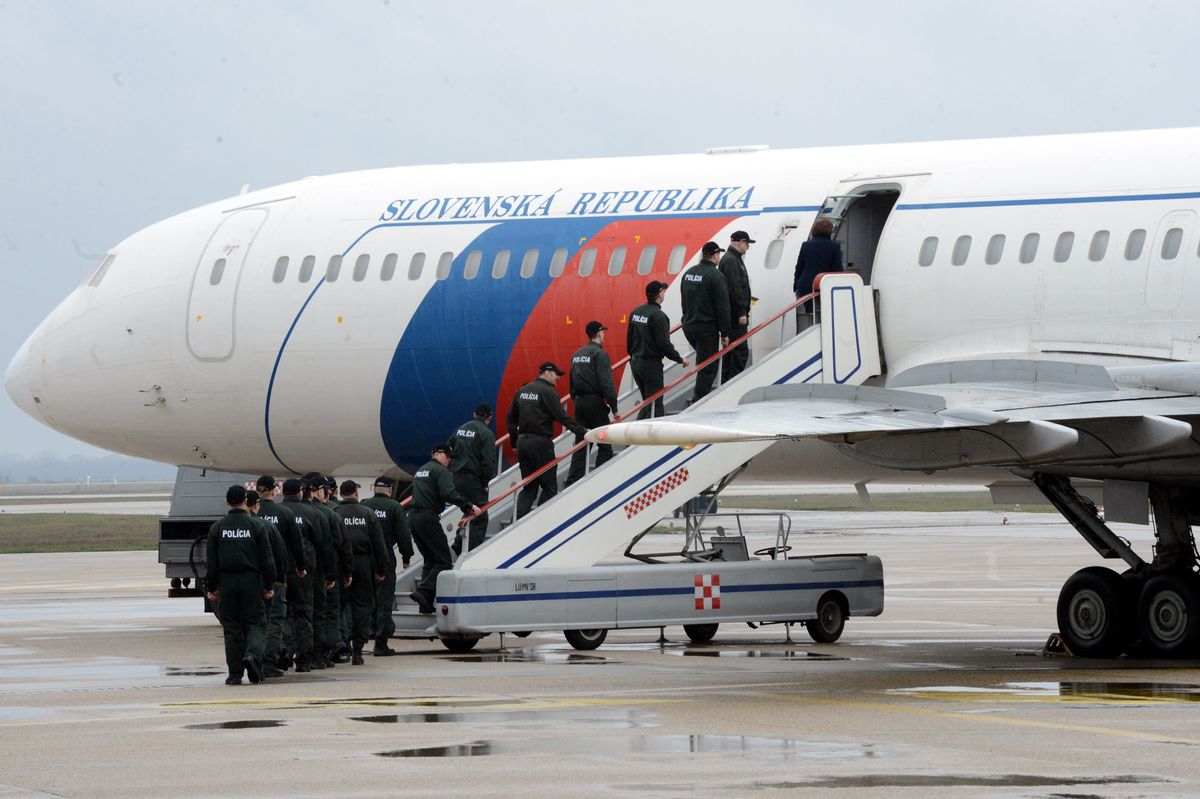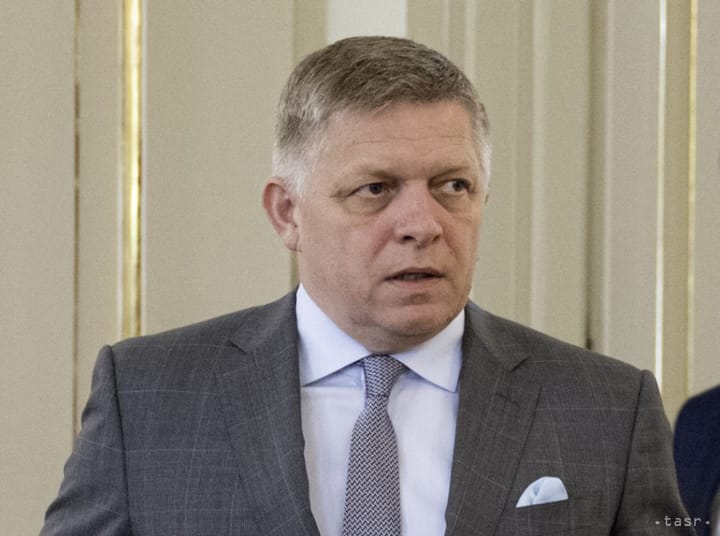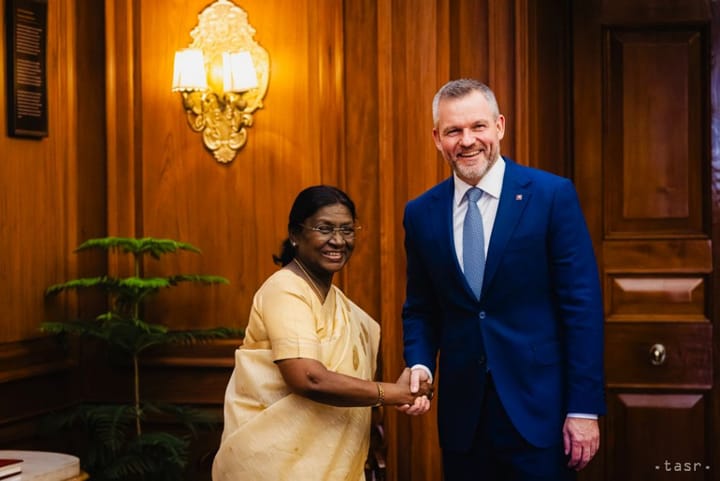20 Slovak Police Officers Depart for Greece to Address Migration Crisis

Bratislava, February 29 (TASR) – Twenty Slovak police officers departed from Bratislava’s M.R. Stefanik Airport on Monday en route to Greece in order to assist with coping with the migration crisis there, and were seen off by Interior Minister Robert Kalinak.
Slovak police officers, 19 men and one woman, will be deployed in Greece in Poseidon – part of the European Union’s Frontex border guard operation. Its tasks will mainly involve registration and fingerprinting the migrants.
“Their mission will last a month and will be followed by a rotation, as is the case with other missions,” said Kalinak.
“It’s another contribution of Slovakia and a sign of solidarity for the addressing of the biggest migration crisis to afflict Europe since May 2015,” said Kalinak.
Kalinak said that more than 110,000 illegal migrants have entered Europe this year, which is the same number as entered Europe within the first four months of 2015, implying that this year will be more difficult than the previous one.
Slovak police officers are currently assisting with protection of borders in Macedonia (Former Yugoslav Republic of Macedonia/ FYROM) and Slovenia, and they were also in Hungary.
According to Kalinak, countries of the Visegrad Four (Czech Republic, Hungary, Poland, Slovakia) have called for all illegal migrants – meaning those who don’t enter the asylum procedure – to be detained and sent back to Turkey if they entered from there, as that is the basis of an agreement between Turkey and the European Union. “When this starts working then we can say that we will handle the illegal migration better than last year,” said Kalinak.
“We are 20 police officers that have gone through selection process, which featured also the knowledge of English,” said Rastislav Fedorko, one of the police officers headed for Greece. “It motivated me to try something new, to enhance my work experience,” said Fedorko.
According to the police officers, they are also interested in cooperation with colleagues from other EU countries.



